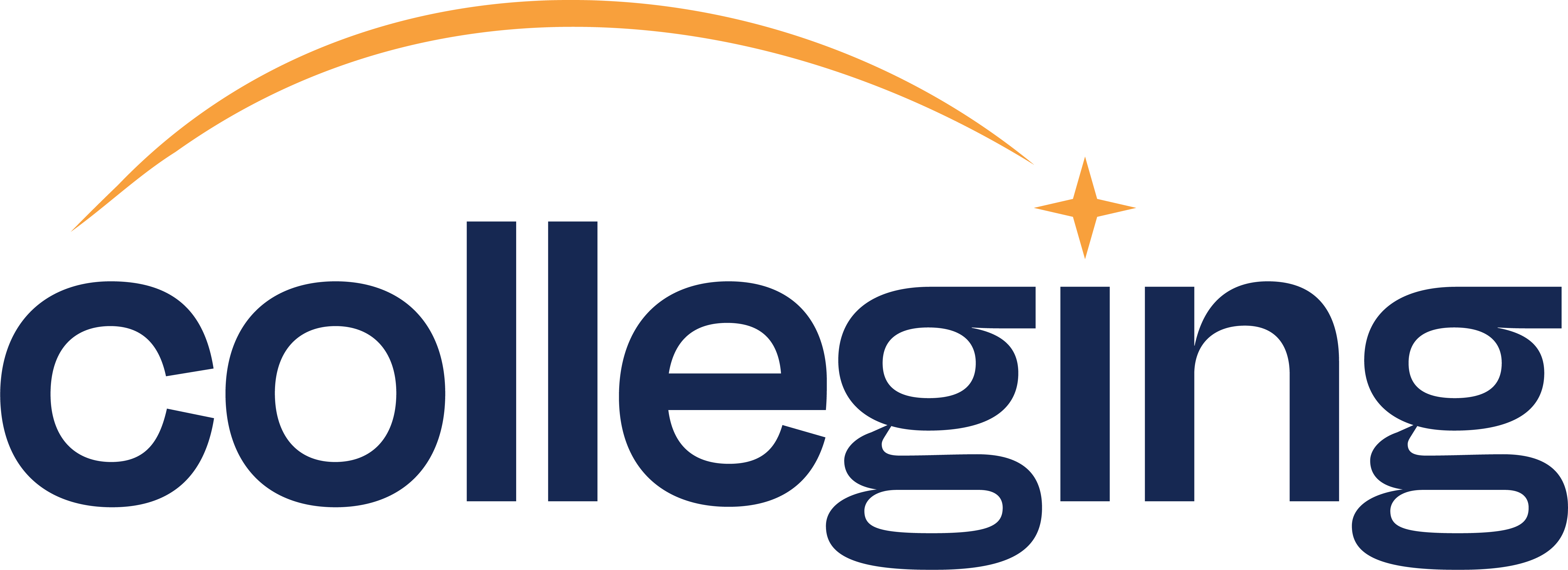
As college costs increase and student debt rises, you are likely thinking about your return on investment in college and asking if it is worth going to college.
Students who realistically understand their future earnings potential can better answer this question and maximize their return on investment in a college education. Starting salaries vary widely based on a student's college major. This article explores how college majors can affect the student's return on their investment in higher education.
Choosing a Major
While it's important to study something you genuinely enjoy, it is also smart to know as soon as possible how much money jobs in your area of interest pay. The goal is to find a field of study that leads to a job you will enjoy and plays to your strongest aptitudes and skills.
Choosing a career simply because it pays well can be a prescription for disaster. Landing a job that does not interest you or requires skills and aptitudes that are not your strengths will lead to frustration and ultimately an inability to be successful.
Choosing a career that does not offer a relatively high income can be very fulfilling if this is your passion. To maximize returns on lower-paying careers and live comfortably, students must be very careful not to borrow too much and to minimize costs while in college. Selecting a relatively low-cost college may be one option for minimizing costs.
How Much Can You Earn?
Paying for college is an investment. With any investment, you will want to do research to determine if it's a smart choice. For college, this means generally understanding how much you could earn after graduation and knowing if you will have to borrow to get the degree you want.
Certain professions pay more than others: engineering, software development, and medicine, for example, generally pay well. Teaching, the arts, and history tend to pay less. None of these jobs are inherently better than another, but the reality is that some are more in demand, require post-graduate technical training, or special aptitudes. These jobs will usually pay more, sometimes a lot more.
Do You Need More School (and Debt) to Get the Job You Want?
Some professions, such as medicine and law, require advanced degrees and additional years of study after receiving an undergraduate degree. Each additional year of study increases the cost of the degree and may require additional borrowing. Knowing, in advance, the amount of additional time in school and debt that might be required to obtain your dream job should be compared to the increased earning that can be expected.
Additional years of schooling and additional debt is not the right choice for everyone. For many professions, an undergraduate degree will suffice. However, for student loan borrowers, it's critical to ensure the degree obtained will generate enough income at the entry-level to pay for living expenses, including student loans. The average student loan debt for an undergraduate degree is $37,693 according to the Federal Reserve.
Bringing this into perspective, an entry-level software engineer can expect to make about $76,882 per year on average, roughly twice the average undergraduate debt load. While an entry-level fine arts worker can expect to make about $22,700, only about 60% of what they may owe assuming average student loan debt.
A fine arts worker with this level of student debt will be stressed to pay their monthly living expenses and student loan. It's better to know this before you graduate so you can make choices to minimize the number of student loans you need to graduate. A fine arts worker with $20,000 of student loans, for example, may be able to comfortably afford their monthly living expenses and student loan payment.
How Much Is Too Much Student Debt?
Minimizing student loan debt is very important. Borrowing too much will lead to stress after graduation and the prospect of delaying other purchases such as a car or a home. One useful rule of thumb: total student borrowing should not exceed your projected starting salary. Total student borrowing includes all loans necessary to get through undergraduate and graduate school.
It makes sense that those entering higher-paying professions will be able to take on more student loan debt than those who earn less. What's important is to know before you owe: will your starting salary allow you to live comfortably and pay off your student loans?
Know Your Options to Repay Loans
You may not have to sacrifice a lower-paying career path for the sake of your financial future. The federal, and some state, governments have special programs for those taking jobs in certain non-profit, government, and public service jobs. These programs include loan forgiveness in certain circumstances and favorable student loan repayment plans based on your salary after graduation.
For example, some federal loans may be forgiven through programs like the Teacher Loan Forgiveness program. This program forgives up to $17,500 of loans for people who have worked as full-time teachers for five years in low-income areas. The Public Service Loan Forgiveness program forgives loans of public service workers who have made 120 consecutive loan payments.
Be careful to read and understand the fine print. Loan forgiveness programs have special requirements including that you have made payments on the loans for some period before being eligible for forgiveness and that you are working for a certain type of employer, i.e., a not-for-profit or a governmental agency. You should understand the requirements so that you avoid last-minute surprises.
It is also very important to understand all the repayment options you may have on your federal student loans. The federal student loan program currently offers several flexible repayment programs to help students better match their income and required payment schedules. If in doubt, contact your student loan servicer for a full explanation of the benefits for which you might be eligible. Another excellent resource is the Institute of Student Loan Advisors, which offers free individual advice on how to navigate loan forgiveness programs and student loan repayment options.
College Majors & Return on Investment
College comes with certain costs, including the tuition, fees, room and board, books, and the time you spend earning your degree. Most people attend college because they believe that once they graduate it will all be worth it in terms of obtaining higher paying job prospects and prestige.
Of course, there are personal growth and social aspects of college as well. These benefits come together when you earn a degree in a major of your interest, get a job that is a great fit, and settle into your life comfortably after being a student.
To maximize the return on your investment of money and time, it is important to minimize costs while in school, graduate on time and balance the amount of student loans you take based on your future income potential.
Both high and low-earning careers can result in happiness and fulfillment. One key to ensuring this is knowing, in advance, if your major and the amount of money you may earn after graduation will support your lifestyle and the repayment of your student loans.
